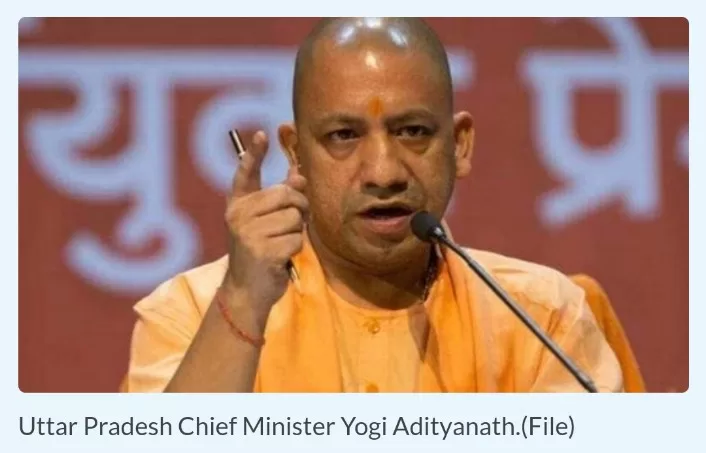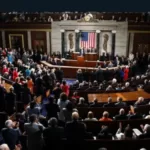In a significant move, the Yogi Adityanath-led government in Uttar Pradesh has swiftly enforced a ban on the sale, manufacturing, storage, and distribution of halal-certified products, effective immediately across the state. This decisive action follows the registration of cases against several companies and organizations for allegedly issuing what authorities term as “forged halal certificates” to manipulate sales figures.
The Uttar Pradesh Police initiated legal proceedings based on a complaint lodged by Shailendra Kumar Sharma, a resident of Motijheel Colony in Aishbagh, resulting in the filing of cases against entities including Halal India Private Limited Chennai, Jamiat Ulama-i-Hind Halal Trust Delhi, Halal Council of India Mumbai, Jamiat Ulama Maharashtra, and others.
The charges brought forth against these companies and organizations encompass criminal conspiracy, promoting enmity between different groups, uttering words with deliberate intent to wound religious feelings, extortion, cheating and dishonestly inducing delivery of property, forgery of valuable security, forgery for the purpose of cheating, using as genuine a forged document or electronic record, and statements conducing to public mischief, according to PTI.
The Uttar Pradesh government, in a statement, alleges that these entities issued forged halal certificates to various companies for financial gains, fostering social animosity, and violating public trust. The government contends that this fraudulent activity represents a potential large-scale conspiracy, with indications of attempts to decrease the sale of products lacking halal certification, creating an unfair advantage.
Furthermore, concerns have been raised over the possibility of certain individuals amassing disproportionate profits and channeling funds towards supporting terrorist organizations and anti-national endeavors. The complainant, Shailendra Kumar Sharma, expressed apprehension about unrestrained propaganda discouraging the use of products without a halal certificate, ultimately affecting the business interests of other communities.
This ban has sparked conversations surrounding the definition and significance of halal-certified products, prompting a broader discourse on the implications of such regulatory measures. The government’s firm stance on these issues reflects a commitment to maintaining social harmony and ensuring fair business practices across diverse communities within the state.







